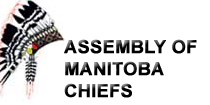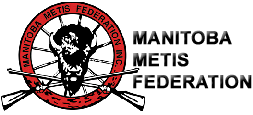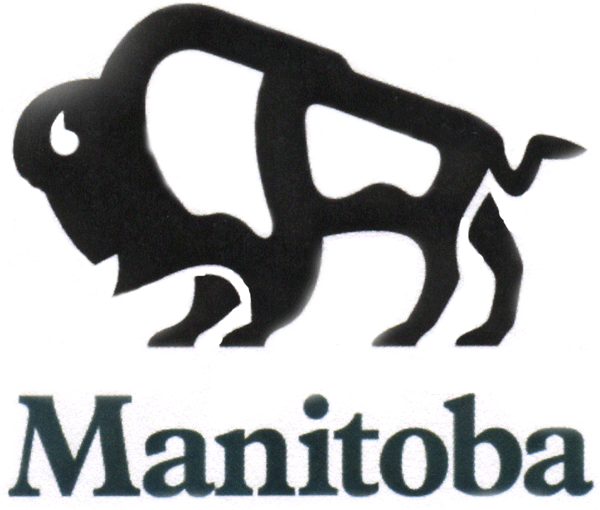General Background
Note: This document was prepared to provide
an orientation to Phase 1 of the AJI-CWI, as well as the overall AJI-CWI.
Excerpts of this document appear on other pages of this web site.
The Aboriginal Justice Inquiry was commissioned in 1988 to examine
the relationship between the Aboriginal peoples of Manitoba and the justice
system. The report was tabled in 1991 and included an analysis and observations
regarding the historical treatment of Aboriginal people by the social
service system and, in particular, the child welfare system of the province.
The inquiry stated that the Aboriginal peoples of Manitoba were not well-served
by the existing system and made several recommendations regarding the
child welfare system:
- Establish the office of Child Protector, as recommended by Judge Kimelman,
to protect the interests of children, to investigate any complaint into
the practices of any child welfare agency and to be responsible to the
Legislature.
- Provide Aboriginal and non-Aboriginal child and family services agencies
with sufficient resources to enable them to provide a full range of
direct and preventive services mandated by The Child and Family
Services Act.
- That federal and provincial governments provide resources to Aboriginal
agencies to develop policies, standards, protocols and procedures, and
to develop computer systems that will permit them to communicate effectively,
track cases and share information.
- That Principle 11 of The Child and Family Services Act
be amended to read: "Aboriginal people are entitled to the provision
of child and family services in a manner which respects their unique
status, and their cultural and linguistic heritage."
- Establish a mandated province-wide Metis agency.
- Expand the authority of existing Indian agencies to enable them to
offer services to band members living off-reserve.
- Establish an Aboriginal child and family services agency in the city
of Winnipeg to handle all Aboriginal cases.
In 1999, the Government of Manitoba announced a commitment to address
the AJI’s recommendations. Additionally, the government established the
Aboriginal Justice Implementation Commission to advise the government
on methods of implementing recommendations of the Report of the Aboriginal
Justice Inquiry (1991).
The Commission prioritized issues of family and child welfare and recommended
that:
"The Government of Manitoba seek to enter into agreement with the
Assembly of Manitoba Chiefs and the Manitoba Metis Federation to develop
a plan thdat would result in First Nations and Metis communities developing
and delivering Aboriginal child welfare services.
The Commission makes this recommendation now because we understand
that both the Government and Aboriginal representatives are willing
to take such action and because of the importance of children and families.
The Framework agreement between the Federal Government and the Assembly
of Manitoba Chiefs highlights child welfare, as does the tripartite
agreement between the Manitoba Government, the Federal Government, and
the Manitoba Metis Federation. Since the Report of the Aboriginal Justice
Inquiry, the Royal Commission on Aboriginal Peoples has also recognized
the importance of the area by making a range of recommendations in its
final report in 1995."
Through negotiations with First Nations and Metis representatives, the
Province of Manitoba signed three separate three-year agreements (Memoranda
of Understanding) with the Manitoba Metis Federation (MMF)
(February 22, 2000) representing the Metis; the Assembly of Manitoba
Chiefs (AMC) (April 27, 2000) representing southern First Nations;
and Manitoba Keewatinowi Okimakanak (MKO) (July 20, 2000) representing
northern First Nations. All four parties subsequently signed the Child
and Family Services Protocol. The overall purpose of these agreements
was to establish a joint initiative under a common process to expand off-reserve
jurisdiction for First Nations, establish a province-wide Metis mandate
and restructure the existing child care system through legislative and
other changes.









